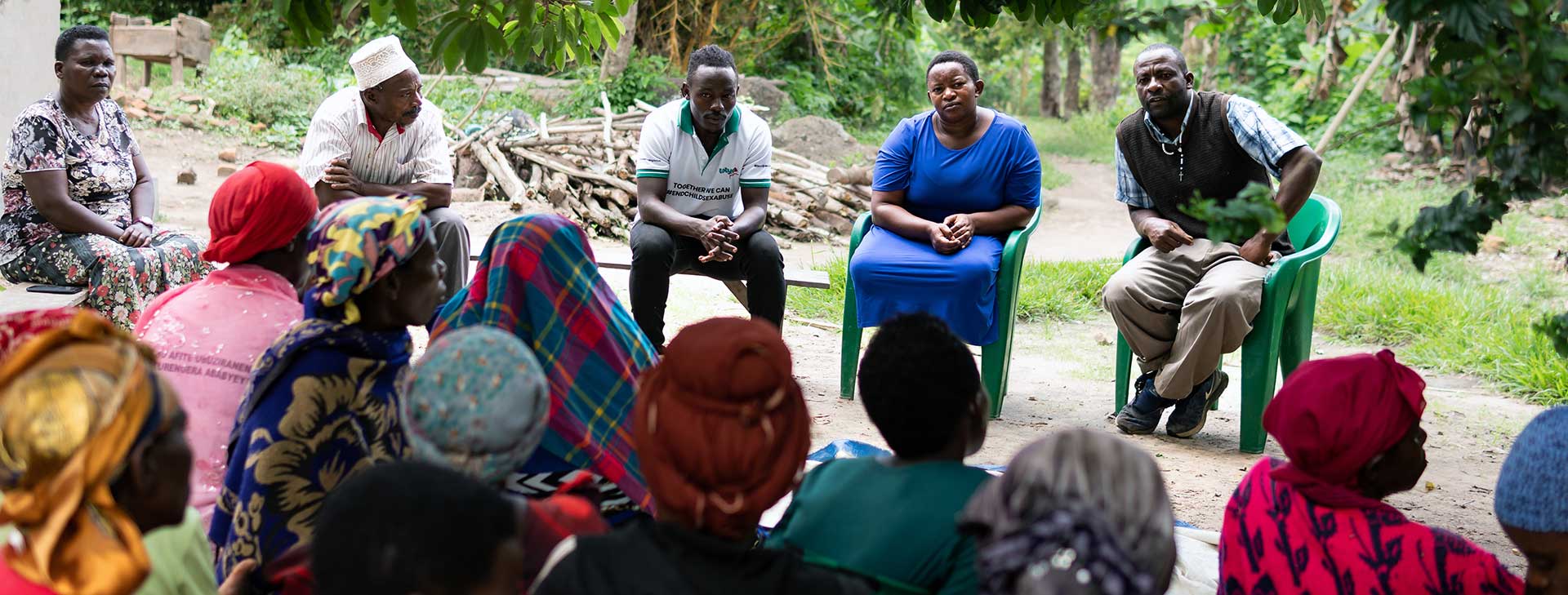Community Dialogues
Community dialogues are central to our grassroots approach to addressing sexual violence. These dialogues involve carefully organized gatherings where community members openly discuss the often taboo topic of sexual violence. The main goal is to create a safe and supportive environment where individuals feel empowered to share their experiences, ask questions, and voice concerns.
During these sessions, facilitators—often trained by Totya Platform—guide the conversation, encouraging participants to challenge harmful societal norms and stereotypes that perpetuate sexual violence. These dialogues play a critical role in changing community attitudes by addressing myths, reducing stigma, and fostering a collective understanding of the importance of standing against sexual violence. The open discussions help break down barriers of silence and denial, laying the groundwork for collective action, such as community watch groups or support groups for survivors. Ultimately, these dialogues help communities take ownership of the fight against sexual violence, making it a shared responsibility.

